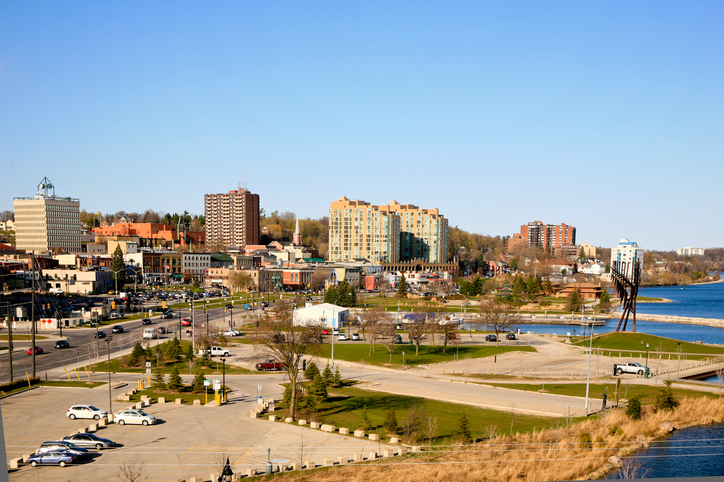At the City of Barrie’s May 8th General Committee meeting, Councillors approved the Climate Change Adaptation strategy, which will guide future planning to reduce the impacts of climate change on Barrie’s physical, economic, social, and ecological systems. The strategy also puts forward a number of action items specific to water systems.
“In Barrie, we’ve already experienced climate change through a number of extreme weather events,” said Katie Thompson, Risk Management Official at the City of Barrie. “This strategy will help ensure staff keeps climate change the top of mind when planning for the future, as well as in everyday operations.”
More frequent and extreme weather events, increasing summer temperatures, changes to freeze-thaw cycles, and prolonged heatwaves are some of the changes being experienced in cities across central Ontario.
The Climate Change Adaptation Strategy was developed through extensive consultation with municipal staff, community stakeholders/experts, and the public. It identifies 59 actions the city can or is already taking to adapt to climate change, including the installation of a green roof on the city’s water treatment plant and upgrades to the wastewater treatment facility for biogas utilization.
The strategy ensures that the City of Barrie is doing what is necessary to adapt to the effects of climate change in a sustainable and efficient way, based on best available climate science and local anecdotal knowledge. As well, the strategy recognizes the importance of water systems in climate change, citing hydrological changes as impacting: “shoreline integrity, species distribution, erosion, water quality, habitats for fish and wildlife, and the proliferation of invasive species.”
Further mitigation and resilience goals outlined in the strategy document include promotion and marketing of the city’s Sanitary Sewer Inflow Reduction Rebate program; development of education and incentive programs to improve private stormwater controls; increasing the ecosystem resilience in sub-watersheds with high surcharge and runoff; and the investigation and exploration of grey water systems and usage.
To learn more and to read the full report, visit barrie.ca/ClimateChange.









